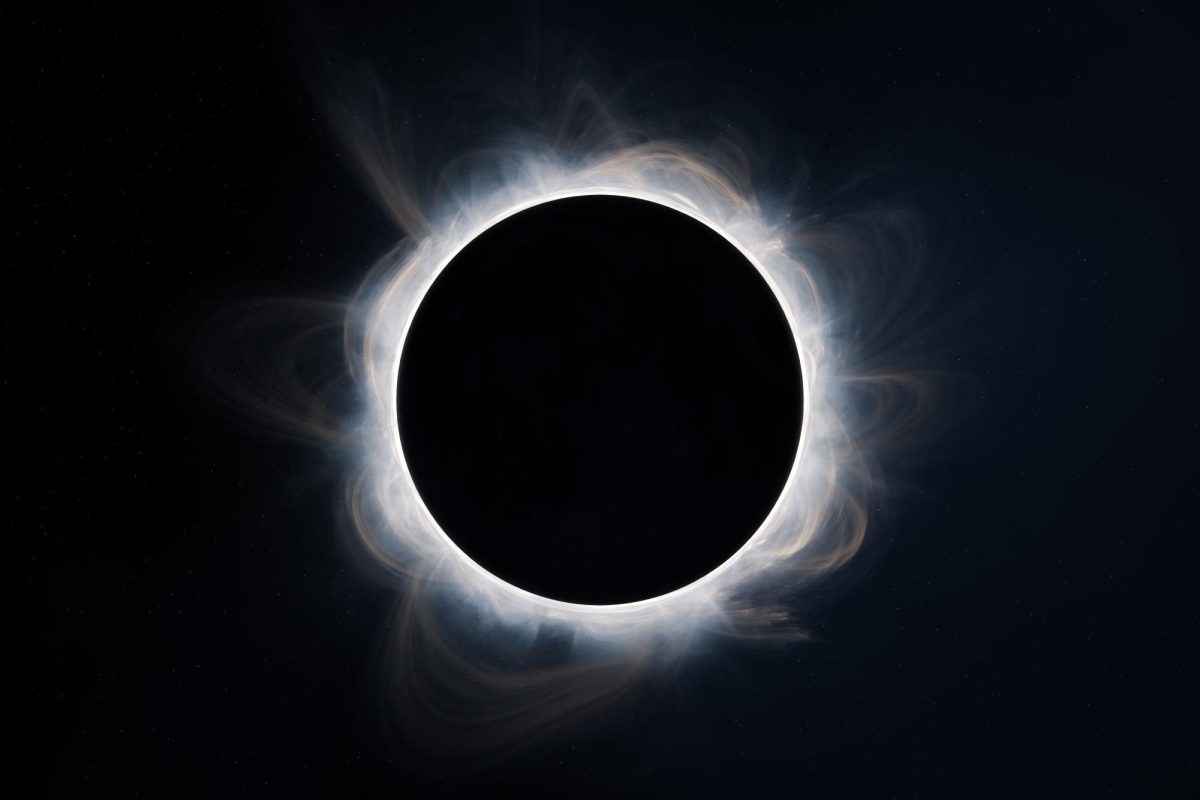University researchers are collaborating with scientists from across the United States and Mexico to study the environmental and meteorological effects of the 2024 solar eclipse. The research is a multi-environmental collaboration in which scientists gather and share their findings for the public to access.
The research is in collaboration with FLUXNET, as well as other umbrella networks that allow researchers across the US to study and share their findings of different ecosystems.
“This eclipse work is a pretty highly collaborative effort,” said Michael Benson, postdoctoral research associate at the Center for Advanced Bioenergy and Bioproducts Innovation. “Collectively, when we pull up, pull out all our resources together, we can answer greater questions than we couldn’t alone.”
The environmental effects of the eclipse could vary from ecosystem to ecosystem. The University aims to find what happens to crop ecosystems by using experimental flux sites, called the Energy Farm.
“These are kind of like a weather station but a bit more sophisticated,” Benson said. “In addition to all the normal things you might expect from a weather station, like precipitation, temperature and humidity, we’re also measuring more biological components, like the incoming and outgoing CO2, H2O as well as other trace gasses like methane.”
Get The Daily Illini in your inbox!
Flux sites all around the country along the path of the eclipse, both in totality and in neighboring areas, are contributing to the research to answer the same question: What happens when you shut off a vital part of the ecosystem?
“We’re having a very different response to a forest ecosystem in Canada that already has some biological activity going,” Benson noted. “I think even small changes could contribute to sort of the larger picture of what’s going to happen across the entire continent.”
The findings of the data could help scientists understand biological function, which can then be applied to further current research about the responses that different ecosystems have to various stimuli.
According to Benson, “This kind of experiment can help us advance our understanding of biology and apply it to represent it in some sort of mathematical framework, then better predict and understand how ecosystems respond to all kinds of different changes.”
Multiple labs around the Champaign-Urbana area are collaborating and sharing their findings throughout the country. Aside from the recent eclipse, future eclipses might be studied to further current research.
“I anticipate that many of these towers will continue to measure into the future,” Benson said. “I think that’ll be really cool to kind of see how multiple eclipse events affect things.”
The eclipse earlier this month sparked excitement not only from scientists but the wider public interested in the awe-inducing celestial event.
“I think one of the things that is really awesome about the eclipse is that it’s really generating a lot of interest in both the public and the scientific world,” Benson said.










